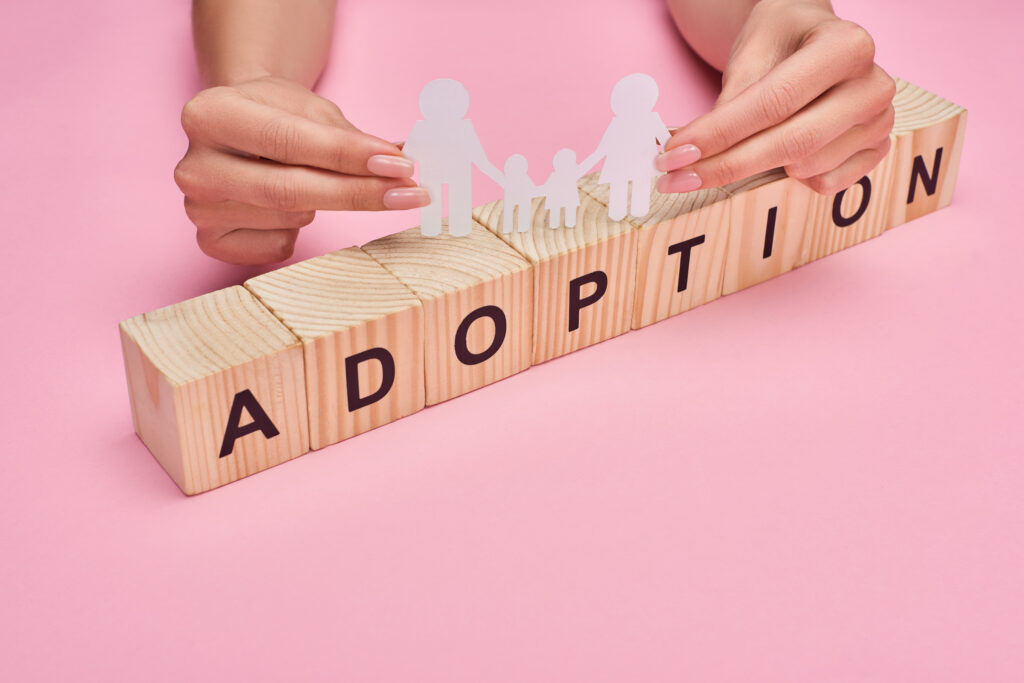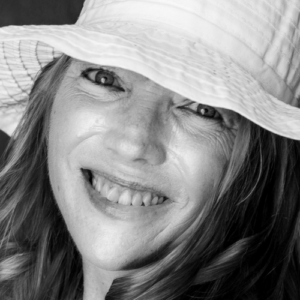
Before you judge us, please strive to understand us.
Not everyone is able or willing to foster or adopt a child. Although there was a time as a young adult, I thought we should all adopt at least one child, now I understand that it takes a level of commitment and fortitude that not everyone is able to render. I am, however, proposing that we all strive to understand the adoptive family and help them succeed.
The differences in the physical appearance of these families can be obvious. Most adopt children that are genetically unrelated to them; so obvious differences can cause us to stand out. For example, our oldest son has black hair and stands heads and shoulders above our blonde and redheaded selves. Three of our children are of Puerto Rican descent, four are African, and five are biracial, African-American and Caucasian. We have only adopted one child out of thirteen that could be ours based on appearance.
Beyond the obvious differences in appearance, our family simply does not operate the same as a traditional family. It is not an easy concept to explain, but it’s something to keep in mind when observing and interacting with us. Before you judge us, please strive to understand and listen with compassionate ears, not with closed-mindedness.
Adoptive families do not look like other families – ours certainly does not.
Angie K Elliston
5 Things You Should Know About an Adoptive Family:
- We generally need to be tough and maintain an extreme structure.
Our chores get done daily. We also have strict rules when it comes to roommates and our children’s friends. Overnights and sleepovers are simply not allowed. These rules are essential for their safety and the safety of others — to avoid any opportunities for sexually acting out or bullying.
- Our children need to hear the truth from us, even if it is unpleasant.
If our child is coming to us from foster care, they may have been moved multiple times with no notice or explanation. For example, our 10-year old, Miguel, was in an adoptive home that adored him, but an unannounced move caused him to harbor deep-seated insecurities.
- Our children often resort to manipulation.
It may be a coping strategy they learned to help them navigate past experiences. At times you may see our child lagging behind, head down, and with a scowl on their face as they walk into church. Other times, they will be the happiest one in the bunch; be aware this does not indicate a problem. They might flop their body or flinch when a parent gently places a hand on their shoulder to guide them. Have you ever been to a store where your child had an unexpected flopping fit or said something aloud that made you look bad? These types of issues are common place for adoptive parents.
Often, the child is acting out a script for everyone to see without their adoptive parents knowing their own part in the play. Sometimes the parent has no involvement and no idea what is going on behind their back or what their child is saying.
I took my daughter to a naturopathic doctor to address her depression from a holistic angle, rather than relying on medication. I was excited. From the moment the doctor walked into our room, my daughter captured their attention with her woes of how terrible her sister was. Every time, I tried to divert attention back to the reason for our visit, I was quieted. At the end of the appointment, we received no allergy or sensitivity testing, no holistic herb, no support. I was told my daughter needed counseling and was unceremoniously sent home empty handed. This was ridiculous — the doctor had been hoodwinked; our daughter had never had any problems with her sister.
- When my child lies, it is not the same as when your child lies.
I know the difference between normal child development and the challenging behaviors my child exhibits on a daily basis. Many times, adoptive children have learned to lie as a way of life, to survive and/or to stay out of trouble.
- Sometimes, I am miserable.
I will look dragged out and have times when I cannot focus on anything. On occasion, I will be deep in thought. Being an adoptive parent is not easy. I invite you to watch this video.
This is not an exhaustive outline by any means, but it will give those outside of adoption an idea of how and why our family looks different from yours. Our family does not look like other families and that is ok. We have established a working system for the safety and well-being of our children and ourselves. Be quick to understand us and slow to judge. Our family will not look like your family. Our family has a great deal of trauma we are all working with and working through.
– Angie K Elliston
I invite you to check out my book, Phoenix Bound: An Adoptive Mom of 13 Shares Her Struggle Raising Traumatized Children.


